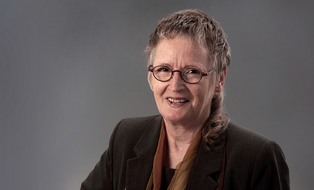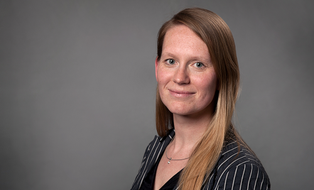beta clean: Technical application of aptamers to prevent the distribution of anthropogenic micropollutants in the aquatic ecosytem.
Artificial, chemical compounds are used in numerous areas of life and provide a basis for the high standard of living in modern industrial society. Of particular relevance are organic substances which can elicit severe effects in the environment and can cause health problems at nanoscale concentrations. Therefore these so called anthropogenic micropollutants pose a high risk, specifically but not exclusively, for the aquatic ecosystem.
Water treatment plants using existing methods cannot tackle the task to completely eliminate these pharmaceutical and persistent residues in surface- , ground- and drinking water. The deployed technologies are not designed for filtrations at the nanoscale, causing the accumulation of pharmaceuticals in the environment. Excessive application of chemical products in various areas and inadequate filtering options in wastewater plants are of great concern to public, industry and government.
The aim of the research project is the development of an affinity-based filtration system to remove selected anthropogenic micropollutants from water samples by using target-specific binding partners. The molecules of choice are aptamers – short, single-stranded oligonucleotides – which can be specifically generated and are each directed against a specific target, similar to antibody features. The vast amount of anthropogenic compounds of diverse molecular classes pose a major challenge because a new aptamer needs to be selected and implemented in the filtration system against each individual substance. This may lead to significant problems in the transfer of the technology to industrial processes.
The cooperation partner at the University of Applied Science in Mittweida will select and model aptamers with bioinformatics methods. Subsequently, at the chair of bioprocess engineering the proposed aptamers will be used to establish detection- and immobilization methods with diverse support materials. In collaboration with the industrial partner Busse GmbH, the filtration system will be applied to complete test series with water samples. Furthermore, the regeneration options and life time of the filters will be evaluated.
Project funding:
Drittmittel SAB
Project head:
 © Mann
© Mann
Private lecturer
NamePD Dr. rer. nat. et Ing. habil. Elke Boschke
Scientific advisor
Send encrypted email via the SecureMail portal (for TUD external users only).
Project staff:
 © Mann
© Mann
Project researcher
NameDr. Marlen Zschätzsch
enzyme technology, biosensor development
Send encrypted email via the SecureMail portal (for TUD external users only).
Co-operation partner:
regional
Project term:
01.01.2016 - 31.10.2018